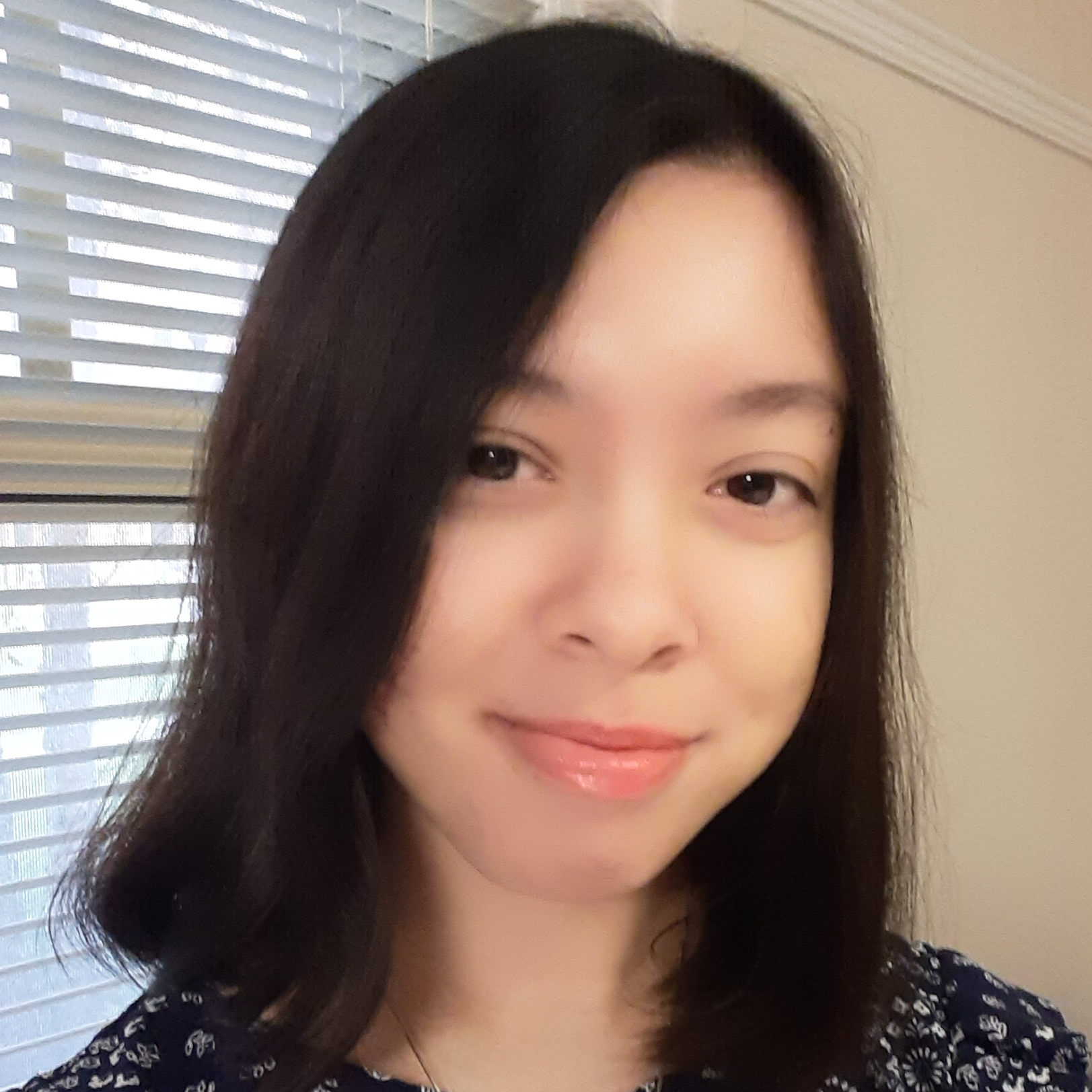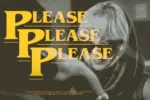Instagram, a social media platform centered around photos and videos, has long been used by published authors in order to promote their work. But now, even aspiring authors have made their way to the app, forming a community dubbed “writergram” to build brands for themselves and attract future fans of the books they’re still in the process of writing. The question on every new writergrammer’s mind is this: “How does one build a fanbase for a book that isn’t even written yet?”
Some of the earliest writergrammers have answered this question by taking an age-old, entrepreneurial mindset to their content creation— identifying what a consumer base needs and offering a service. For those on writergram, this often takes the form of creating posts that offer writing advice on commonly searched topics.
This ranges from “How to Write a Short Story” to “How to Structure a Book” as well as “Words to Use Instead of ‘Said’” or “How to Write Romance” or “Overused Tropes.” The list goes on.
These titles all point to a concept I like to call “stock topics,” which can be defined as topics that are posted very frequently and by many different writers over the course of writergram history.This has led to topics that have gained the reputation of “generic” rather than “unique.” Though it may seem helpful to have a large bank of generic ideas to pull from when creating posts, this phenomenon has some major downsides for the community as a whole. As well as writers who are just making their starts with new accounts.
One of these problems is redundancy. As someone who frequently browses to see what the writergram community has to offer, I often come across recurring topics. I read a familiar title and I save the post to read later, only to never return to it because I already have a strong idea of what it’s going to say. The root of the problem is the approach that is often taken to crafting a post like this.
The writer often chooses to write the post in an objective, matter-of-fact voice. This signals to the reader that the creator of the post is some sort of authority figure in the field. It is a voice that removes the unique personality of the writer behind it, causing all posts of the like to be hardly distinguishable from one another.
Making use of an objective, authority figure-type voice presents problems for both the reader and writer.
First, it does a disservice to the writer by denying the writer the opportunity to connect to their readers on a personal level. While the goal of the writer may be to build a fanbase for the novels they plan on publishing, the nature of an objective, advice-centric account gains them an online presence as an advice-giver or a teacher or, even worse, a source rather than an author.
Second, they offer a disservice to the readers of the advice—likely aspiring authors themselves—who read the authoritative tone of the posts and take the advice as hard and fast rules when, in reality, the writers of the posts themselves are still learning what works for them and what doesn’t.
On top of these downsides, a strain is put on the community as a whole when new writers on writergram feel pressured to push out their own writing advice posts without feeling like they have the level of experience that qualifies them for such a task. It can be overwhelming to take on the role of a consistent, objective source of writing advice when all one really wants to do is promote their own writing.
I’ve seen far too many advice-centric accounts decide to go on hiatus or quit their accounts altogether all because the demands of running a consistent writing advice account have taken the enjoyment out of the experience for them. When I began my own writing account, I wanted to avoid backing myself into this corner. I knew I was not any kind of expert on the broad subject of writing, but I was an expert on my own writing.
On my small, humble writergram account, I took my first attempt at a personal approach when I made a post titled “Weird Writing-Related Things I Did When I Was Younger.” The “things” I was describing were very specific and personal and I found it hard to believe anyone would identify with my experiences. I was amazed when comments started rolling in—other writers enthusiastically expressing to me similar things they had done while working on their own projects. Some writers showed interest in using my ideas for their own writing processes. My goal was to experiment by sharing something personal that felt silly, not to inspire or relate to others, but to my surprise, I achieved both.
I continued to make posts about my own, highly-specific experiences from my writing process and each post garnered more attention. I took great care not to frame myself as an authority figure or an expert on writing, simply sharing summaries of problems I faced and how I personally solved them. I was presenting a level of vulnerability to my audience, by allowing them to hear my voice in my posts. Despite how specific and personal my stories were, my posts helped me attract an audience of writers who struggled with similar issues to my own and saw themselves in my content.
At the same time, I built anticipation for my own writing project by sharing all of these behind-the-scenes stories. My most successful post, “Character Development: Taking the Pressure Out of ‘This or That’ Questions” heavily featured my discussions of one of my original stories and characters. Several writers found encouragement in the post which led to many of them reposting my content to their stories with their added commentary to the discussion.
The writergram community on Instagram is a beautiful place full of creative, passionate people who connect with one another based on the common experiences as lovers of writing. With so much potential to relate, opening up conversations through personal experiences is a wonderful way to build connections and provide encouragement. This can be done without the pressure of sounding like an expert.
As for me, sharing my own thoughts on writing has been my greatest step towards standing out on writergram.

















